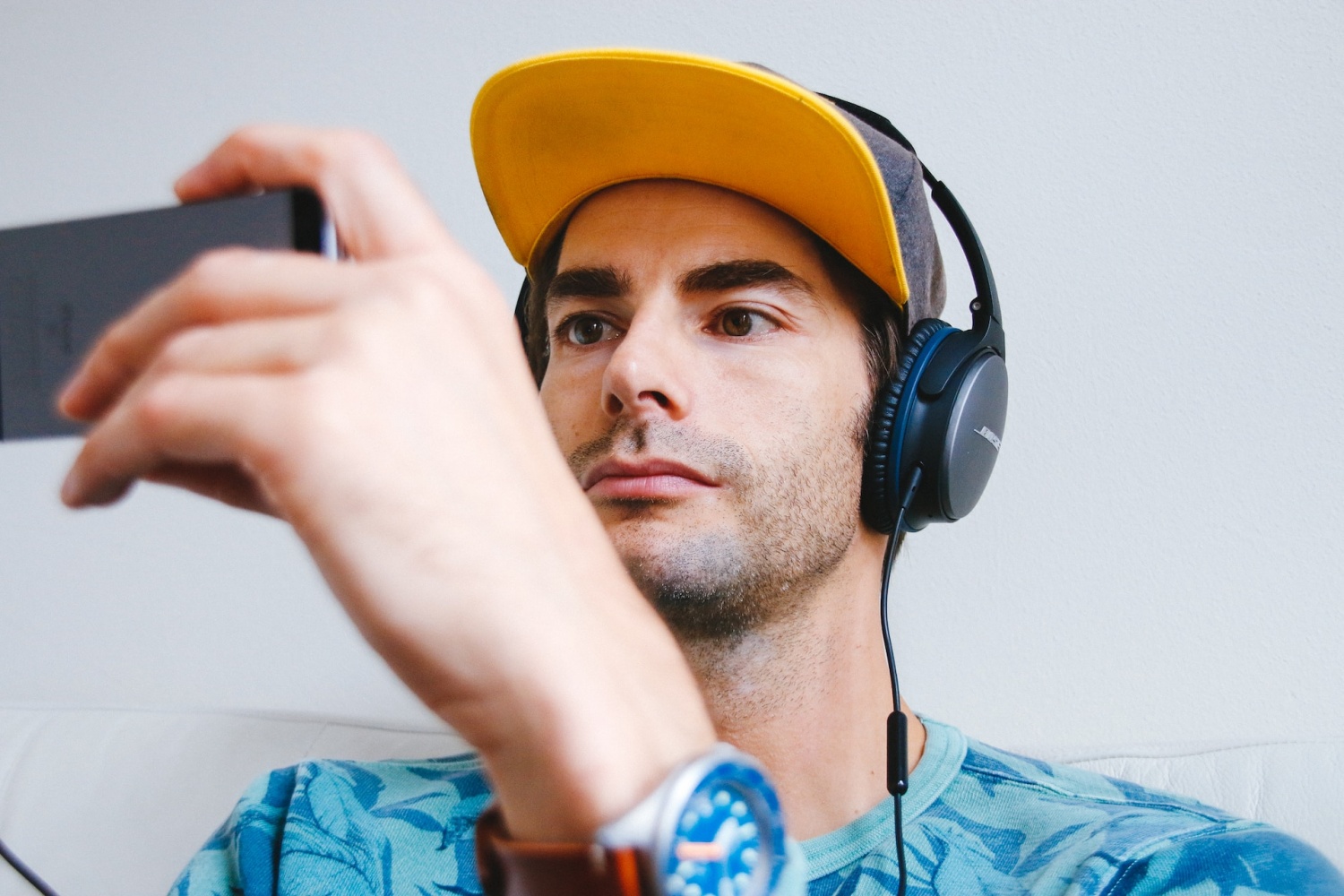
The ease of public Wi-Fi has become an essential element of our lives in the present day. The attraction of free and readily available internet is difficult to resist, regardless of whether we are in a coffee shop, airport, or shopping center. However, streaming on public Wi-Fi networks poses a hidden risk that frequently goes undiscovered. Despite the allure of catching up on your favorite shows or watching the hottest trending videos, there are numerous convincing arguments against streaming over public Wi-Fi.
Security Concerns
Public Wi-Fi networks are, by nature, less secure than those operated by individuals. These networks frequently lack encryption safeguards that shield your data from prying eyes and are open. Public Wi-Fi has security flaws that hackers may use to eavesdrop on your internet activity, including streaming sessions. By broadcasting on these networks, you put yourself at risk for identity theft and cyberattacks.
Bandwidth Limitations
Since so many people use free public wifi networks simultaneously, especially at restaurants like McDonald's, the bandwidth is generally limited. High-definition videos notably use a lot of bandwidth while being streamed. When using public Wi-Fi to stream, you not only run the risk of having a bad experience for yourself due to buffering and low quality, but you also negatively impact other users' network performance. Everyone using the same network might experience irritation as a result of your streaming session's impact on their internet speed.
Data Overages
A significant quantity of data is needed to stream videos. Many public Wi-Fi networks contain bandwidth limits or other restrictions, which may come as a surprise to you even if others advertise unrestricted access. Using these networks to stream might result in unanticipated data overages on your cell plan or possibly extra fees from the public Wi-Fi provider. To prevent any unpleasant shocks, it's crucial to be informed of the rules and restrictions of the network you're utilizing.
Content Restrictions
Many public Wi-Fi networks have content filters in place to guarantee safe and appropriate internet usage, especially those in offices or educational institutions. You might be unable to access particular streaming services or kinds of material because of these controls. Bypassing these limitations could have negative effects, such as getting in trouble with your university or losing network privileges. The use of public Wi-Fi for streaming purposes may unintentionally violate these guidelines.
Quality of Service
Especially during periods of high demand, public Wi-Fi networks sometimes fail to deliver dependable and continuous internet access. A reliable connection is necessary for streaming in order to guarantee uninterrupted play. An annoying viewing experience with frequent buffering and pauses might arise from trying to stream on a busy or unreliable network. It is advised to utilize a more reliable and secure connection, such as your home Wi-Fi or a mobile data network, to fully enjoy your streaming material. Therefore, the next time you find yourself at a Marriott, think about using their free Wi-Fi for simpler internet tasks while saving streaming for locations with higher levels of security.
* This is a contributed article and this content does not necessarily represent the views of musictimes.com













